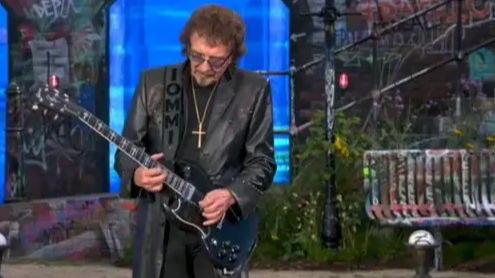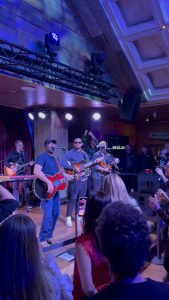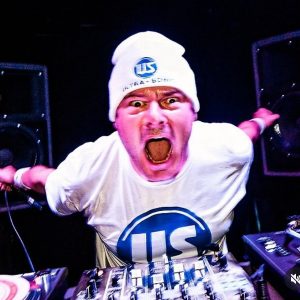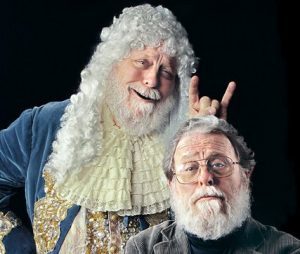Tony Iommi, of Black Sabbath fame, performed at the opening ceremony of the Commonwealth Games in Birmingham. He appeared alongside acclaimed saxophonist Soweto Kinch, at the Alexander Stadium.
While the 74-year-old didn’t belt out any of the Sabbath classics, as the Twitter user noted in the post above, he played Hear My Voice, a dream sequence based on the title track of the 2020 movie Trial of the Chicago Seven.
Also Read | CWG 2022: Charlie Chaplin honored in opening ceremony, but is he from Birmingham?
Iommi had earlier confirmed that he’d be part of the opening ceremony, saying “It’s true, that I will be performing at the opening of the Commonwealth Games. I’m very honoured to have been asked to do it and I’m really looking forward to the day! It’s such a great boost for Birmingham to have the games held here.”
Apart from his CWG appearance, Iommi also re-teamed with Sabbath frontman Ozzy Osbourne to work on Degradation Rules, the single from Osbourne’s Patient No 9 album. “It’s great to be working with him again, more to come”, Iommi tweeted.
Birmingham is more than the CWG venue since the English city is considered to be the birth of heavy metal as well. After Black Sabbath’s emergence in 1968, Judas Priest followed a year later.
Also Read | Renaissance woes: Kelis cries ‘theft’ after Beyonce samples her track
This is also where Iommi had his sheet metal factory accident that left the guitarist without the tips of his middle and ring fingers on the right hand. In response, Iommi developed his iconic power chord-heavy style, which became synonymous with Sabbath’s ominous-sounding riffs, and became recognized as a heavy metal sound in itself.
Apart from Iommi and Kinch, Duran Duran also performed at the ceremony.
Iommi had earlier spoken to Guitar World about growing up in Birmingham, saying “Where we lived was crap, really. I worked in a factory and was around sheet metal all day. The area we lived in was a bit rough. There were gangs and whatnot. It’s hard to get out of that gloom. But we loved our music. That was our opening to get out. Instead of joining gangs we turned to music.”







